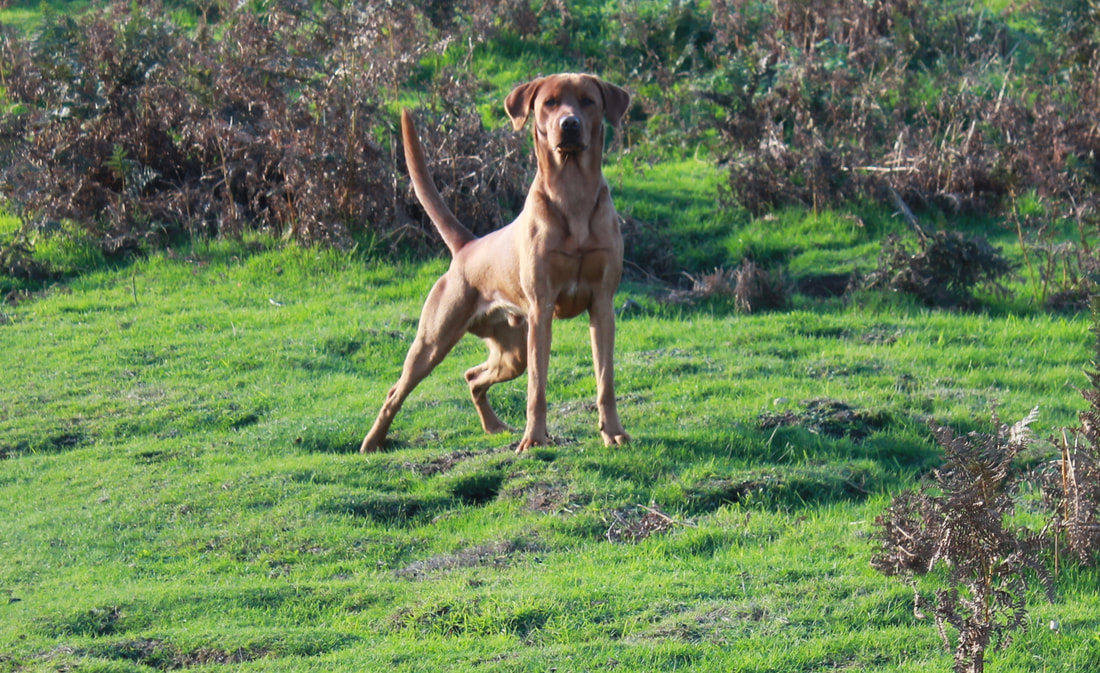Why 'Sanity For Dogs'?
|
My ultimate goal in dog training is to have a dog that is not only happy and healthy but also well-balanced both physically and mentally. Sanity in this context means being mentally content and not under or over challenged.
A dog charging around uncontrollably, being over-excited or boisterous is not necessarily a happy and balanced dog. You can walk a dog for hours but it can still be mentally under-fulfilled, often resulting in overzealous behaviour and acting out, a little bit like it can happen with children when they are under-challenged at school. Intelligent and working breeds in particular often need more than food, love and exercise. Many dogs crave a certain level of structure, rules, discipline and boundaries to be truly content. Many dog breeds are born to please and follow, but will only do that willingly when there is a foundation of repect. Without clear guidance, leadership and direction they might decide to take over control .... and the lead (literally). Over-stimulation (e.g. through excessive throwing of tennis balls) can also be an issue. The owner can quickly be reduced to not much more than a 'ball chucking machine', being barked at by the dog demanding for the ball to be thrown. Excessive throwing of tennis balls can be particularly detrimental to working breeds who thrive on calm structure and focused commands. When my dogs are being thrown tennis balls in this unstructured way it doesn't take long for them to get completely what I call 'mental', they forget that I'm there and - despite being immaculately trained - stop listening. When anxiety is the reason for unwanted behaviour it is particularly important that the owner demonstrates confidence and calm and assertive 'leadership'. So that the dog can let go, relax and trust in the owner handling the situation and having everything under control. A chase instinct (whether it is for wild animals, cats, joggers or cyclists) is a behaviour that should be addressed early on; out of respect for wildlife, farming, forrestry and other humans but mainly also to keep your dog safe. It is about getting the dog refocused on the owner, which should be main priority, not all else that is going on around them. It is important to remember that, unless the dog has a medical condition or has experienced trauma in the past reasons for disobedience are hardly ever to be found in the dog. It is our job as humans to teach our dogs what we expect and want from it. How else are they supposed to know? |
SANITY. . . soundness of mind, judgment and reason; clear-headed, mindful, rational, coherent, balanced, stable, focused.
A good foundation for obedience. Antonyms . . . mental, mad, unbalanced, unhinged, lunatic, unstable, confused. Often reasons for disobedience. |




